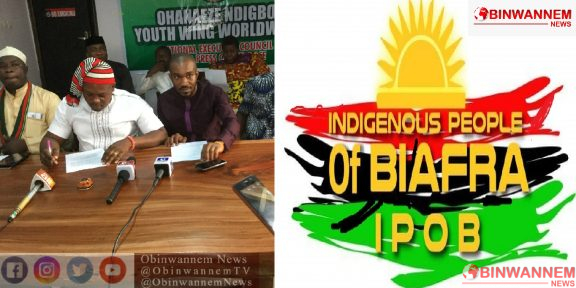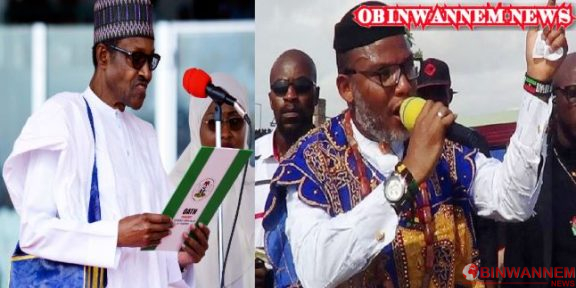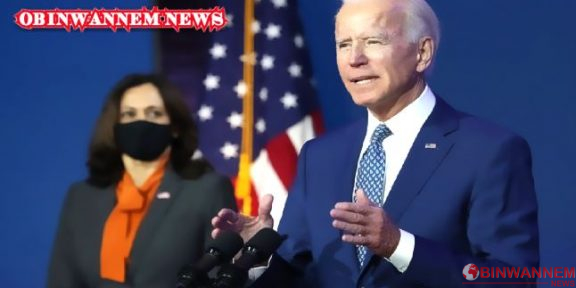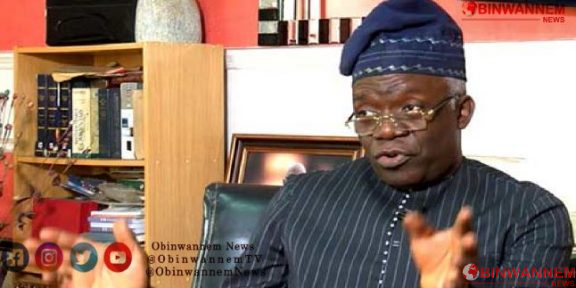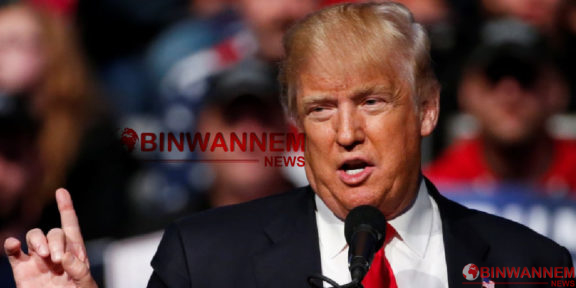The Nigerian National Petroleum Company Limited (NNPCL) has reinstated itself as the sole importer of petrol into the country, reversing its decision made just five months earlier. This revelation came from Mele Kyari, the Group Chief Executive Officer of NNPCL, during the ongoing Energy Labour Summit organized by the Petroleum and Natural Gas Senior Staff Association of Nigeria (PENGASSAN) in Abuja.
Kyari attributed this change to ongoing foreign exchange challenges, making it increasingly difficult for private companies to import petroleum products. He stated, “We are the only company importing petrol into the country. None of them can do it today. For them, access to foreign exchange is difficult. We create foreign exchange (FX), therefore, we have access to FX, while their access to FX is limited.”
This announcement is a stark departure from Kyari’s previous statement in June 2023 when he announced that private companies would be allowed to import fuel starting from that same month. The move was in line with President Bola Tinubu’s efforts to deregulate the fuel market and reduce the government’s financial burden. The Nigerian Midstream and Downstream Petroleum Authority (NMDPRA) had even granted petrol import licenses to six private companies following Kyari’s earlier declaration.
However, Kyari’s recent disclosure has raised concerns among observers who believe that the government might be gradually reintroducing the petrol subsidy regime, which had been a subject of debate and economic pressure. Oil and Gas analyst Kayode Oluwadare expressed his views, stating that the initial goal of deregulation was to allow independent marketers to import petrol independently. Yet, with NNPCL reclaiming its role as the sole importer, it suggests a return to the subsidy system.
Oluwadare went on to suggest that the petrol pump prices might remain stable or even experience a slight decrease, given the prevailing global trends. However, any significant price increase seems unlikely in the near future.
This development has left many questioning the government’s stance on fuel subsidies and the broader implications for the Nigerian petroleum market. It remains to be seen how this decision will impact the country’s economy and the fuel industry in the coming months.





